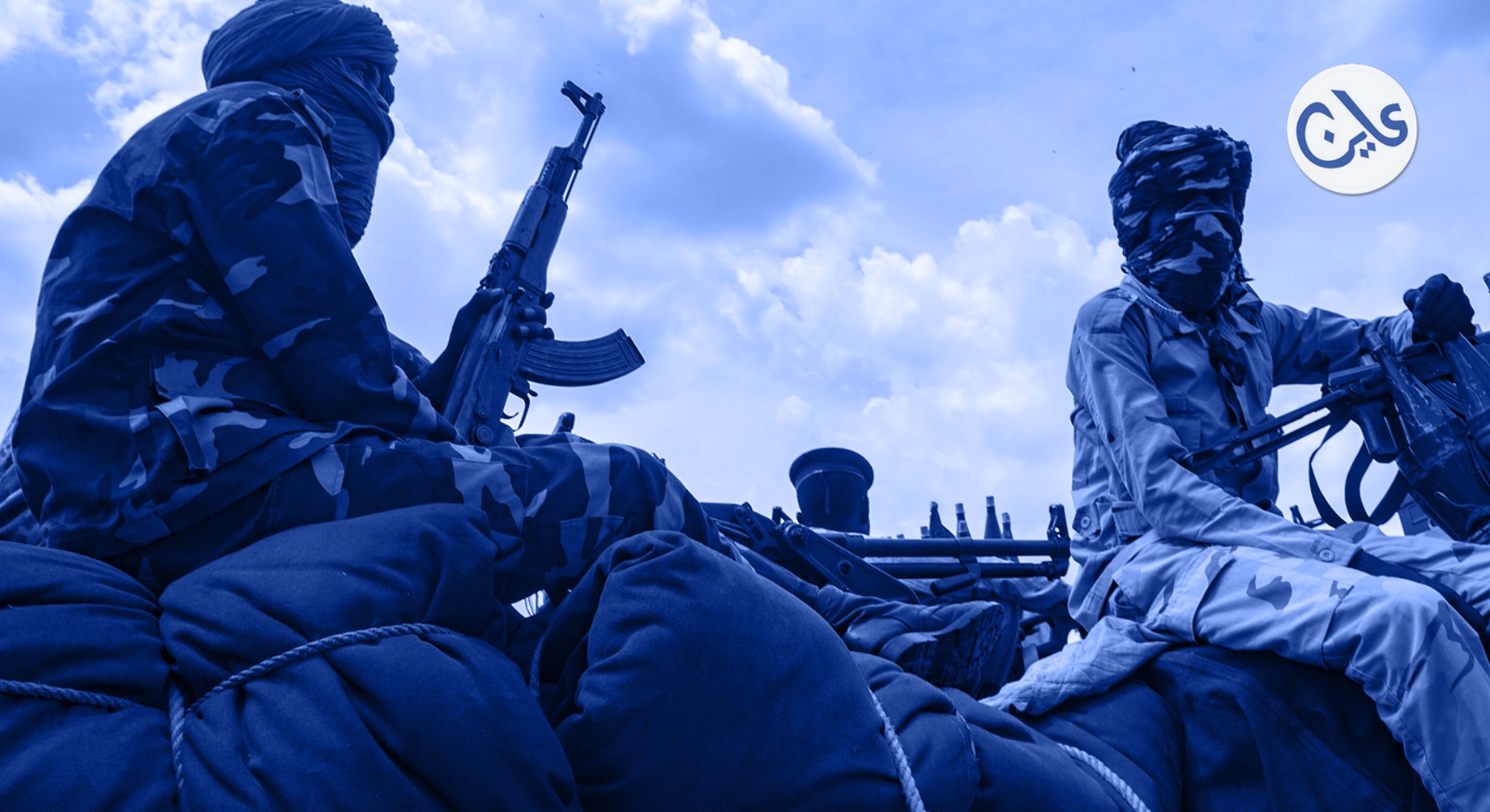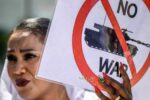Sudan’s peace process: multiple efforts, limited response
9 December 2024
Growing concerns arise as Sudan’s war sets new records for civilian casualties. Regional and international interventions are crucial for resolving the armed conflict in Sudan. But despite multiple external efforts to bring the warring parties together, there are still no clear signs of a resumption of peace negotiations between Sudan’s national army and the paramilitary Rapid Support Forces (RSF).
The war has entered its 20th month, displacing around 11 million people by the end of this year, up from 6 million displaced last year at the same time. Tens of thousands of civilians have been killed due to military clashes and the consequences of armed conflict, such as epidemics, famine, and the lack of healthcare.
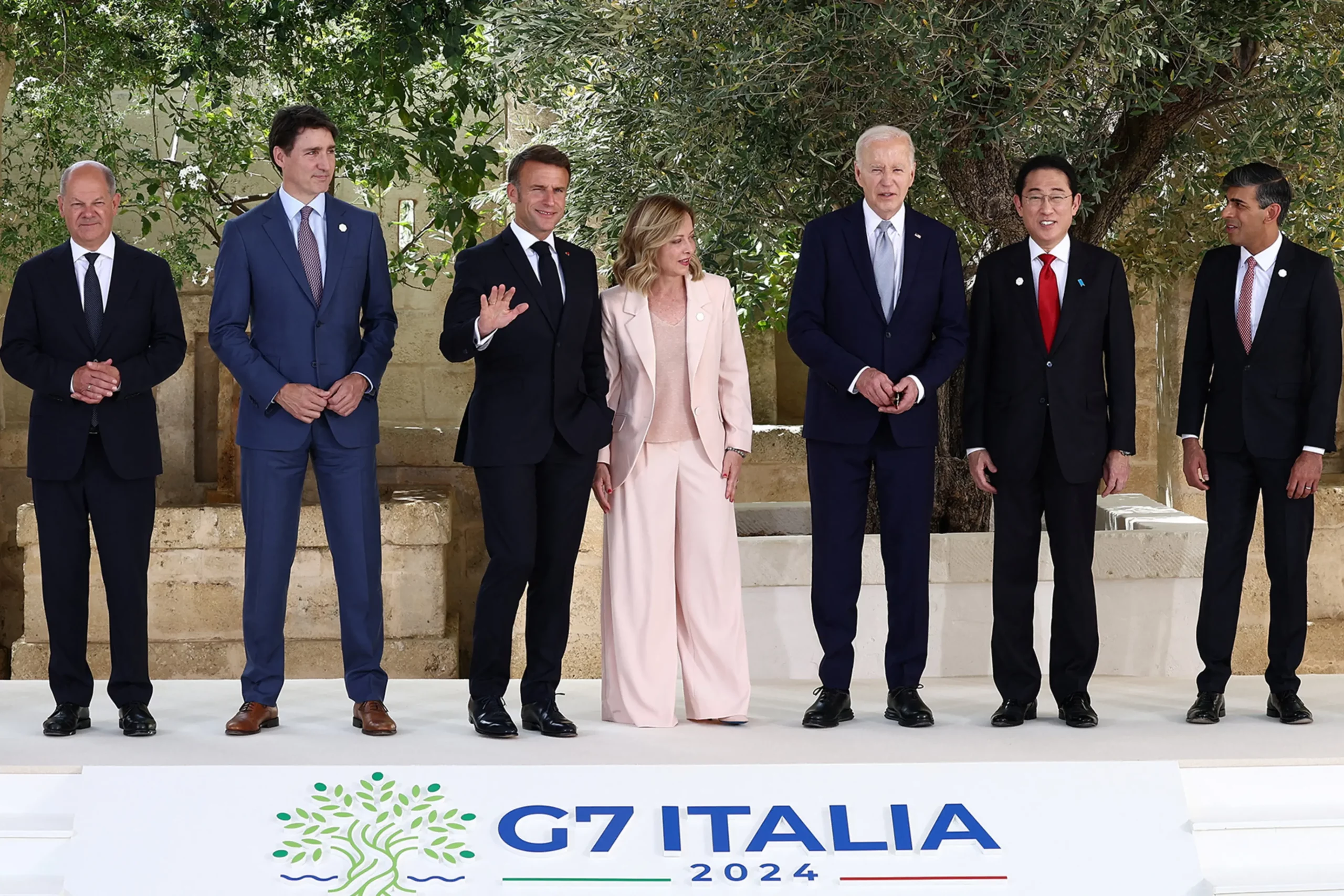
International efforts
In the first week of December, Egyptian Foreign Minister Badr Abdel-Aty met with Sudan’s Sovereign Council officials in Port Sudan. They covered various topics, with Egypt proposing to host a conference next year for dialogue between Sudanese civil and armed factions to seek common ground. This will be the second such conference, after one held earlier this year in Cairo.
The United States, along with three other countries, engaged in a quartet meeting to seek peaceful solutions to Sudan’s war. On the sidelines of the G7 meetings in Italy on November 26, 2024, the quartet discussed halting the armed conflict in Sudan, disarmament, and revitalising the political process.
The meeting in Italy, held alongside the G7 summit, involved foreign ministers from the US, Egypt, the UK, and the United Arab Emirates (UAE) and focused on de-escalating the situation in Sudan, delivering humanitarian aid, and then moving towards a potential ceasefire.
A diplomatic source revealed that during the quartet meeting, Saudi Arabia and the UAE disagreed on where to host the upcoming peace negotiations in January. Riyadh prefers reviving the Jeddah platform, while Abu Dhabi advocates for shifting to the Geneva platform to facilitate talks between the Sudanese army and the RSF. The same source told Ayin that Saudi Arabia supports a unified army, merging both warring factions, while the UAE fears the RSF will be marginalised in the integration and demobilisation process.
Diplomats have described the international response as “lukewarm,” despite some momentum, particularly from the US, Saudi Arabia, and Egypt, for negotiations between the army and the RSF to take place early next year. Talks could occur between January and February 2025, according to diplomatic sources.
The same sources confirmed that the US and Egypt have been unable to take a clear position regarding the Saudi-UAE split over the Jeddah and Geneva platforms, especially since Sudan’s army’s commitment to Jeddah makes the UAE more insistent on moving the talks to Geneva.
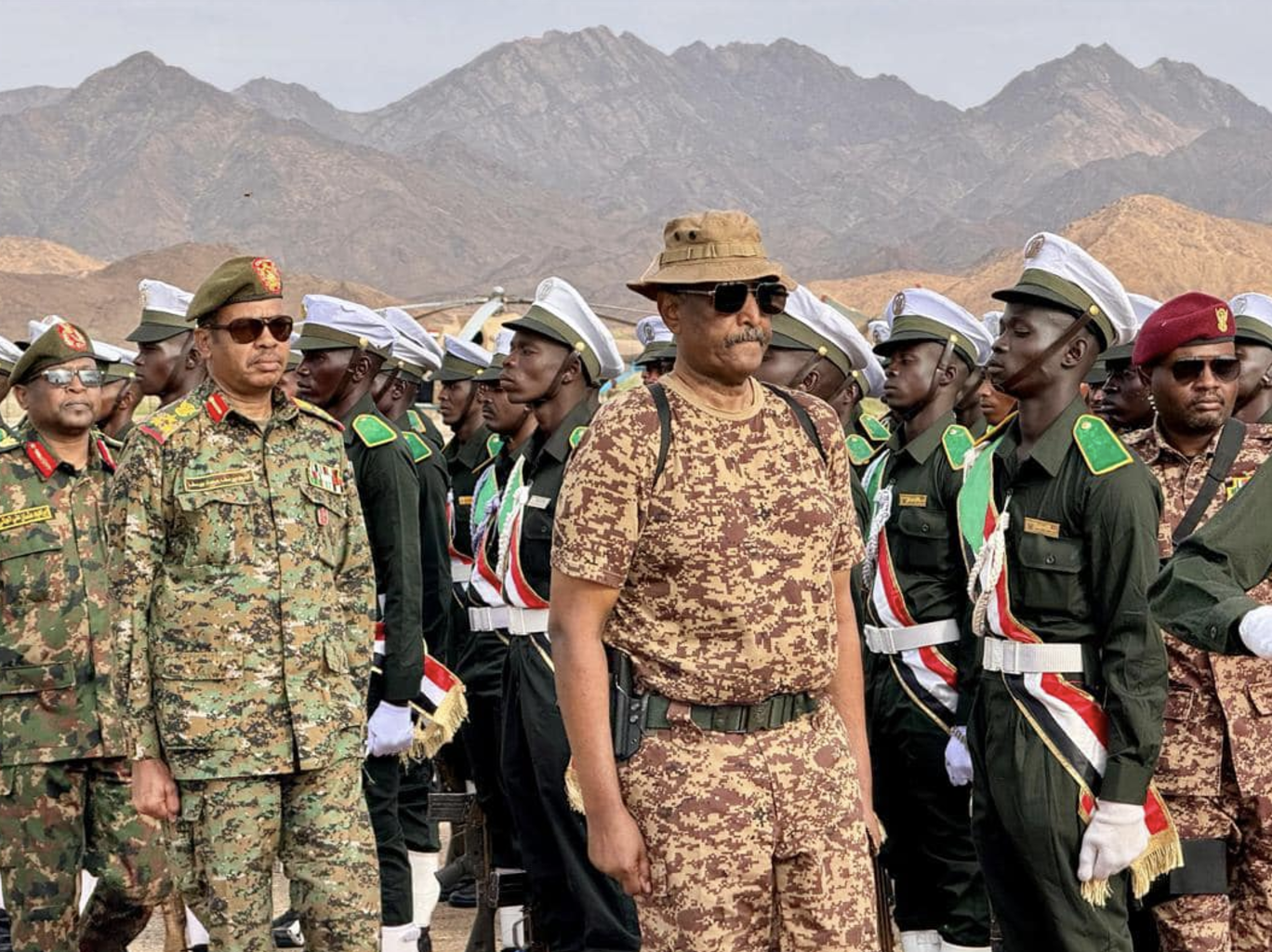
Negotiations vs fighting
According to a government source who spoke to Ayin under anonymity, the Sovereign Council is wary of the UAE’s involvement in peace negotiations due to its provision of military aid to the RSF, which the Sudanese authorities perceive as an untrustworthy mediator.
For a long time, officials from the military-backed government in Sudan’s alternative capital, Port Sudan, have spoken about continuing the war until the RSF forces, led by Mohamed Hamdan Dagalo (Himmedti), are defeated militarily.
“Army leader Abdel Fattah al-Burhan is hesitant to engage in negotiations due to pressure from Islamists,” said political analyst Abdu Mukhtar. “Western pressure on al-Burhan is not significant, so he uses his margin of manoeuvre to improve the military situation against Himmedti’s forces.”
Mukhtar believes that the anti-negotiation faction within the Sovereign Council exploits the international division over the Sudan file. Egypt, the US, Saudi Arabia, the UAE, the UK, and neighbouring countries lack a unified vision, each with its own interests to advance within the crisis. As a result, international actors lack a coherent strategy for resolving the ceasefire between the army and the RSF, he added.
Mukhtar suggests that al-Burhan’s contradictory alliances are on the verge of collapse, which might force him to move towards negotiations. Al-Burhan has received numerous calls from the UN Secretary-General’s Sudan envoy Ramtan Lamamra to engage in dialogue for a ceasefire, Mukhtar added. “He [Burhan] continues to manage the complex situation with a delicate balancing act, though the military situation for the army has not significantly improved. Before entering negotiations, the army seeks to regain large parts of Khartoum and the Gezira state, which explains the recent military escalation.”
He added, “The situation is complicated for al-Burhan because the contradictions in the political alliances he managed for two years are nearing collapse. This could lead to internal unrest, as agreeing to negotiations might risk triggering an internal coup.”
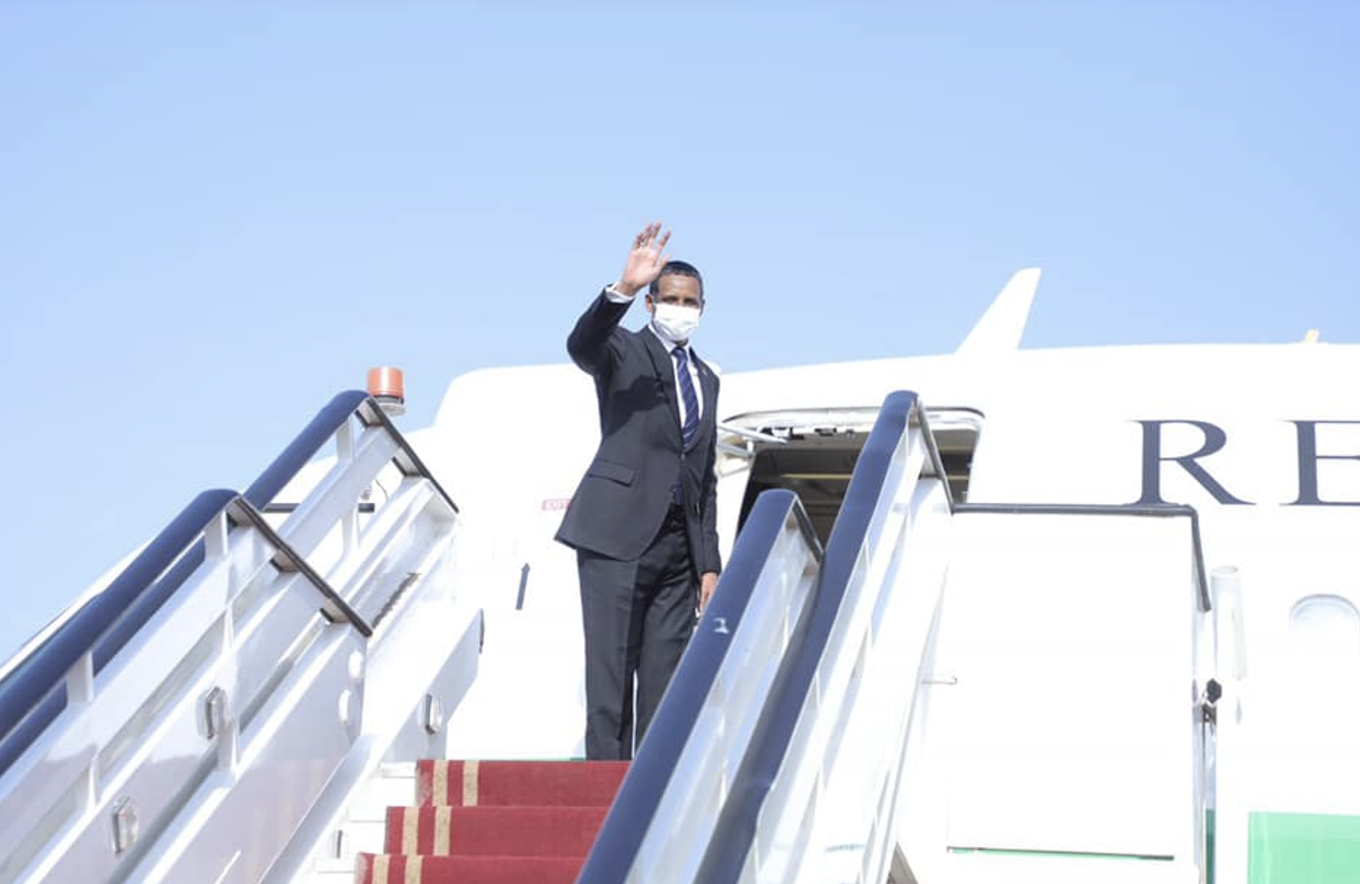
A military solution
Sudanese political science professor Musab Mohamed Ali links the stalemate in Sudan’s war to the army and RSF’s commitment to a military solution. As each side seeks to expand its control, discussions of negotiations fall far behind. The international community is also feeling helpless in dealing with the crisis.
“The division among civilian political forces also complicates the situation because they would have greatly helped push both sides to the negotiating table and delegitimise the war,” Musab Mohamed Ali told Ayin.
He believes the international community has failed to prevent the flow of weapons into Sudan, leading both sides to continue their relentless battle, with Russia’s growing influence evident in the UN Security Council, where it vetoed the British resolution on protecting civilians in Sudan.
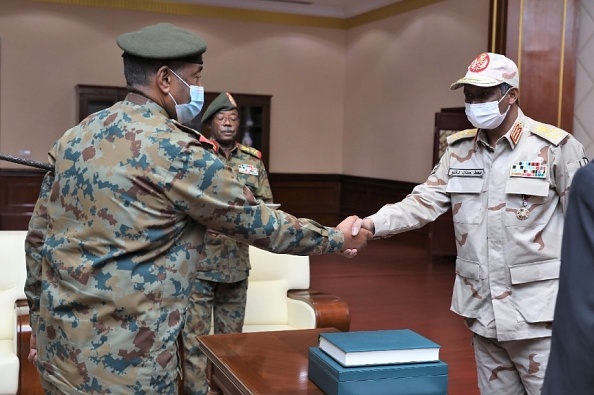
Two governments
According to researcher Moammar Hussein, the international community’s inability to bring the warring parties to the negotiation table may lead Sudan into a regional war with two internationally unrecognised governments.
The army’s belief in its ability to subdue RSF forces and control at least two-thirds of Khartoum and al-Jazeera State by early 2025 makes it challenging to reconcile the two warring generals, Hussein said. He also senses that the political forces are increasingly divided and may push Sudan toward becoming two countries.


